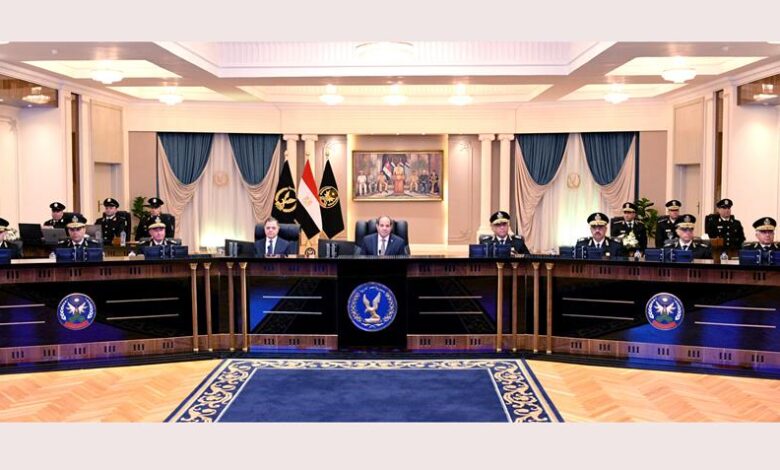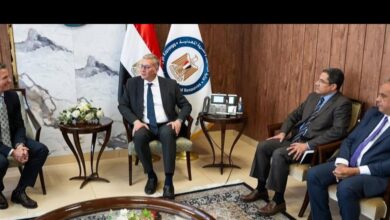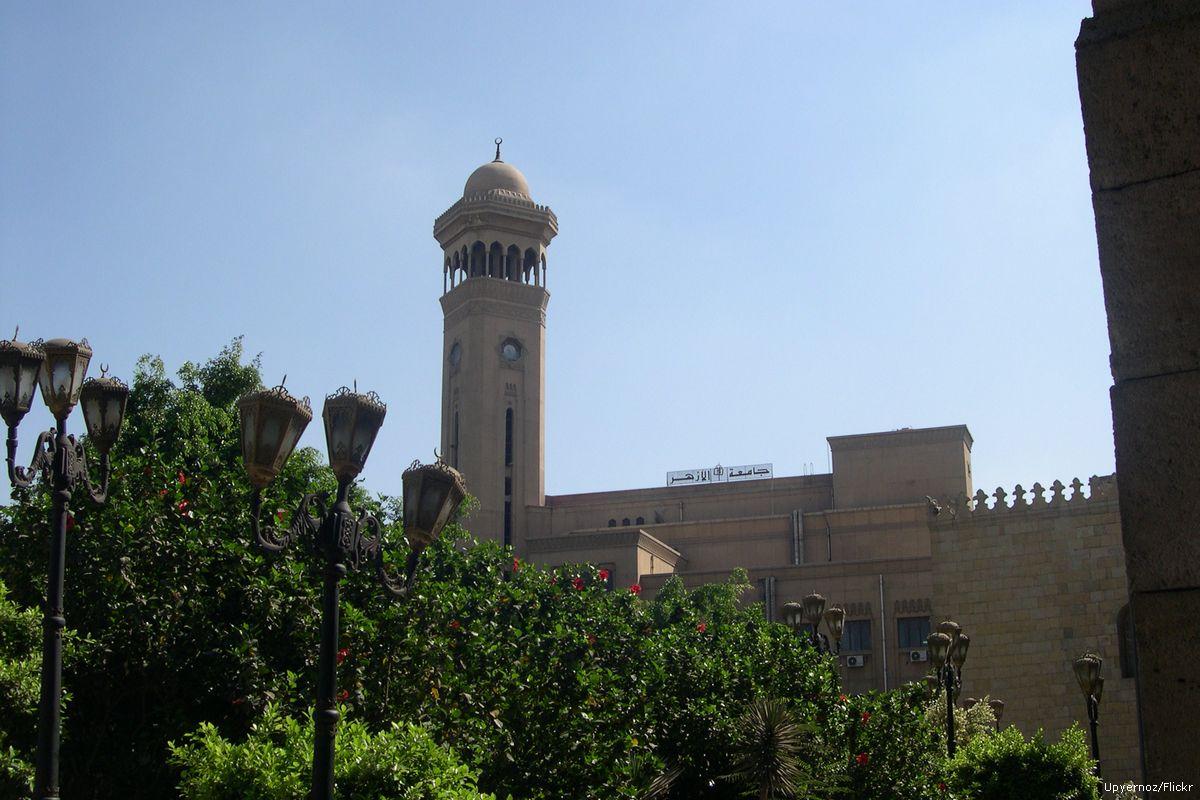
Egyptian President Abdel Fattah al-Sisi on Saturday addressed controversy over the high cost of the presidential palace in the New Administrative Capital.
The new presidential palace in Egypt’s New Administrative Capital has been met with mixed reactions – while many praised its lavish design honoring Egyptian identity, others have questioned the project’s funding sources amid the country’s economic challenges.
“All government facilities in the New Administrative Capital were built at the expense of the Administrative Capital for Urban Development (ACUD),” the President assured.
This came during an inspection visit by President Sisi to the headquarters of the Police Academy, during which he followed up on the physical examination tests for male and female students applying to join the college, in the presence of Interior Minister Mahmoud Tawfik and Egyptian police leaders.
Sisi said on Saturday that when the ACUD began “ts account was zero and it had nothing,” but it worked and “turned the land into money”.
It built government buildings, the City of Culture and Science, the Masjid Misr, the Cathedral, the financial and business district, and the presidential headquarters.
He explained that the company rents these facilities and receives from the government between seven and ten billion Egyptian pounds per year.
Sisi pointed out that the company has a bank account worth LE 80 billion, and has money with real estate developers for the land that was sold amounting to LE 150 billion.
He noted that the same applies to the cities of New Minya, New Alamein, New Beni Suef and New Mansoura.
New Administrative Capital has not drained the state budget
The Chairman of the Board of Directors of ACUD, Khaled Abbas assured earlier that the construction of the New Administrative capital was not financed from the state budget and did not cause losses or drain the budget as was reported.
Abbas explained that the ownership of the presidential palace, government buildings and ministries “are all assets owned by the company and leased to the government under a 49-year contract,” noting that rents for all government buildings and the House of Representatives are paid quarterly.
Abbas noted that the ACUD is a state-owned company, now one of the largest in Egypt and amongst the top five taxpaying companies.
It paid LE11 billion in taxes last year, he said, and eight billion LE the year before.
It is an investment company that aims to achieve profit and will recover the cost of these buildings three times upon the expiry of the lease contracts, he explained.
He pointed out that planning has begun for the second phase of the New Administrative Capital, which covers an area of 40,000 acres, similar to the area of the first phase, 70 percent of whose land has been sold.
The company is about to start work on the facilities of the second phase in the second quarter of the upcoming year, he said.




